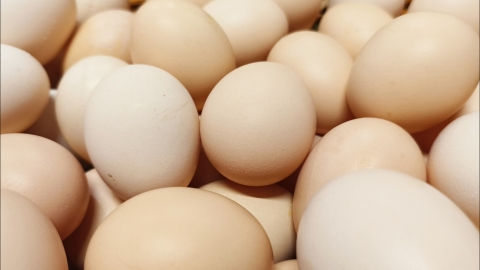Can you eat a bad egg? Is it safe?
It is generally not recommended to consume spoiled eggs, as they are not safe for human health.

Once eggs have spoiled, their nutritional components are compromised. The fat, proteins, and other nutrients break down during the spoilage process, reducing their nutritional value. Consuming such eggs not only fails to provide adequate nutrition but may also pose a threat to health.
The nutrients inside spoiled eggs can be broken down by microorganisms such as bacteria and mold, potentially producing toxic substances. These microorganisms and toxins can damage the human digestive and nervous systems, causing symptoms of food poisoning, such as nausea, vomiting, diarrhea, and abdominal pain. In severe cases, they may even be life-threatening. Therefore, spoiled eggs should not be consumed.
When purchasing and storing eggs, it is important to choose fresh, undamaged eggs and store them at appropriate temperatures to prevent spoilage. If eggs develop an unusual odor, cracked shells, or have been stored for too long, they should be discarded immediately and not consumed.






